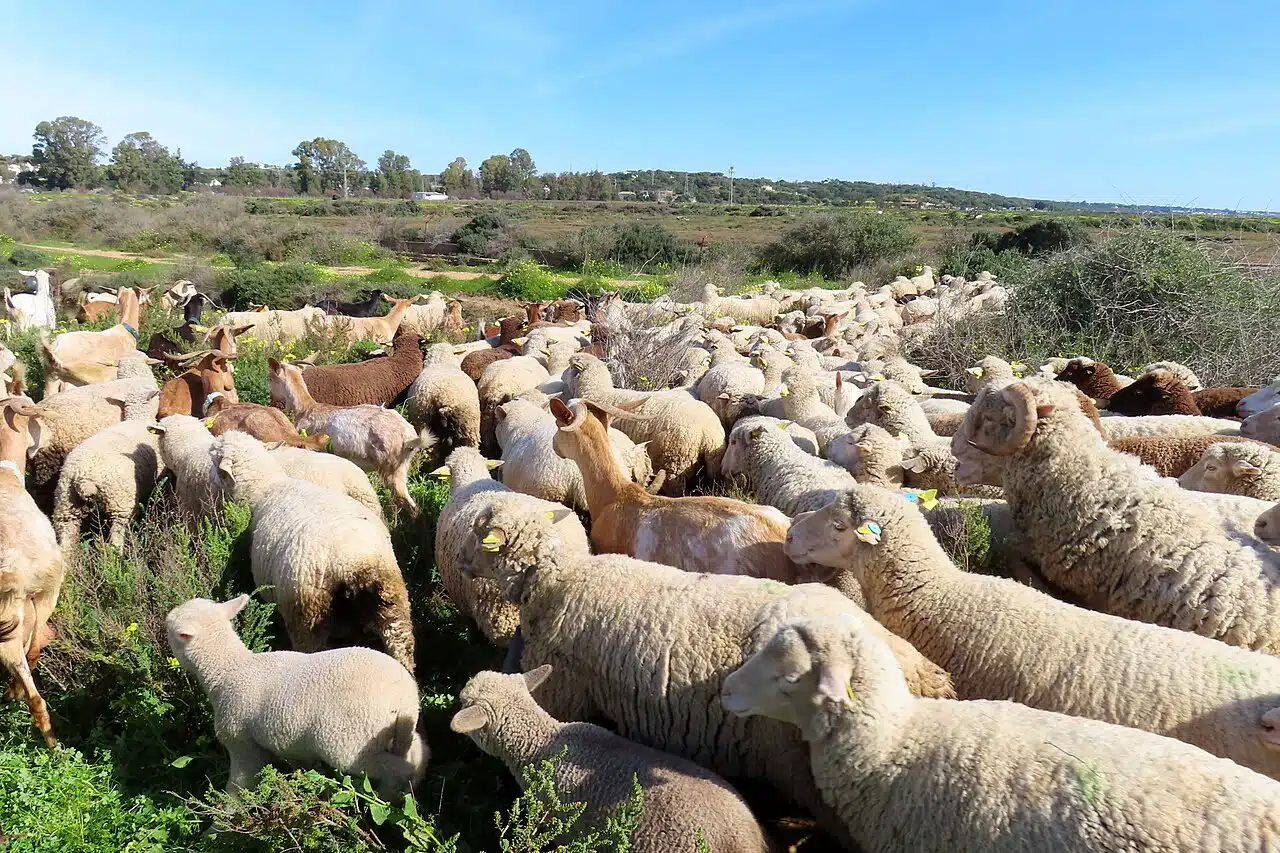Greece is grappling with a growing outbreak of sheep pox, a viral disease spreading across multiple farming regions and endangering livestock producers’ livelihoods. Sheep farming lies at the heart of the country’s rural economy, making this outbreak both a serious animal health risk and a financial challenge.
Farmers are already losing herds to culling, and restrictions on animal movement and trade add further strain. To ease the burden, the Greek government is speeding up compensation for affected producers and providing subsidies for feed during quarantine, ensuring that support goes hand-in-hand with enforcement.
Measures to contain the sheep pox outbreak in Greece
To curb the spread of sheep pox, authorities are intensifying surveillance and strengthening coordination between veterinary services, the police, and local agricultural offices.
Patrols and checkpoints are being expanded, particularly in regions where new cases have emerged, and animal movements are being closely monitored, especially at night so as to prevent transmission across districts.
Investigations are focusing on high-risk practices, including unreported infections, illegal slaughter and disposal of carcasses, as well as unauthorized transport of animals. Violations are subject to severe penalties under both Greek and European Union law.
The containment plan follows EU regulations on animal health and biosecurity, ensuring rigorous standards are applied nationwide. Officials maintain that only a combination of strict enforcement and financial support for farmers can effectively limit the outbreak and protect both livestock and rural livelihoods.
What is sheep pox?
Sheep pox is a highly contagious viral disease that mainly affects sheep and occasionally goats. The virus spreads through direct contact between animals, contaminated equipment, or insect bites. Infected animals develop fever, skin lesions, and respiratory problems, and severe cases can lead to death. Young and weak animals are at the greatest risk, and those that survive often experience long-term reductions in productivity.
Although the disease does not affect humans, its economic impact can be severe. Outbreaks often require culling large numbers of animals, and a disruption in trade and reduction in agricultural exports are common. In Greece, where sheep farming forms the backbone of many rural communities, containing the disease is essential not only for animal health but also for protecting livelihoods, stabilizing local economies, and safeguarding an important part of the country’s agricultural tradition.
Source - https://greekreporter.com













